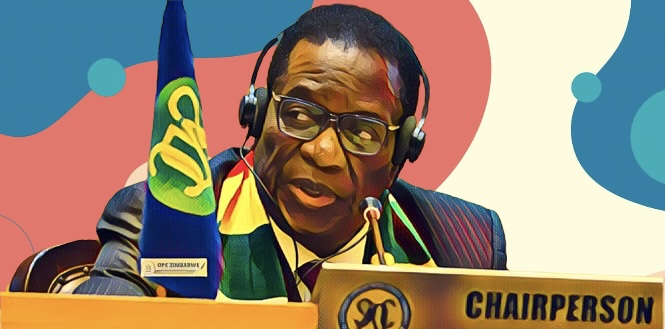The Southern African Development Community (SADC) summit has come under fire for failing to hold its member states accountable for human rights abuses and governance issues. The regional body, composed of 16 member countries, concluded its 43rd Ordinary Summit without any significant action against countries accused of violating democratic principles and human rights.
The summit, held in Luanda, Angola, addressed various regional challenges, including economic development, peace, and security. However, critics argue that the summit fell short of addressing the ongoing crises in countries like Zimbabwe and Eswatini, where governments have been accused of stifling political opposition and violating citizens’ rights.
In Zimbabwe, the ruling party, ZANU-PF, has been accused of suppressing opposition parties, particularly ahead of the 2024 general elections. The government has been criticized for its crackdown on dissent, including arrests of opposition leaders and activists. Despite these concerns, the SADC summit did not take any concrete steps to address the situation, raising questions about the organization’s commitment to upholding democratic values.
Similarly, in Eswatini, Africa’s last absolute monarchy, protests and calls for democratic reforms have been met with violent crackdowns by security forces. The government has faced international condemnation for its handling of the unrest, yet the SADC summit failed to impose any sanctions or measures to pressure the Eswatini government to engage in dialogue with the opposition.
The summit’s inaction has drawn sharp criticism from civil society organizations and human rights groups, who argue that the SADC is failing in its mandate to promote democracy and human rights in the region. They accuse the regional body of being more concerned with preserving the status quo than with addressing the root causes of instability and unrest in its member states.
Despite these criticisms, SADC leaders emphasized the importance of regional cooperation and unity during the summit. They highlighted the progress made in areas such as economic integration and infrastructure development, while acknowledging the challenges that still lie ahead.
The summit also saw the election of Angola’s President João Lourenço as the new SADC Chairperson, taking over from Félix Tshisekedi of the Democratic Republic of Congo. In his acceptance speech, Lourenço vowed to continue the work of his predecessor and to focus on strengthening regional peace and security.
While the SADC summit’s failure to address human rights abuses and governance issues is disappointing, there is still hope that regional leaders will take more decisive action in the future. The challenges facing the SADC region are complex, but with strong leadership and a renewed commitment to democratic values, there is potential for positive change.
Source: newzimbabwe.com


